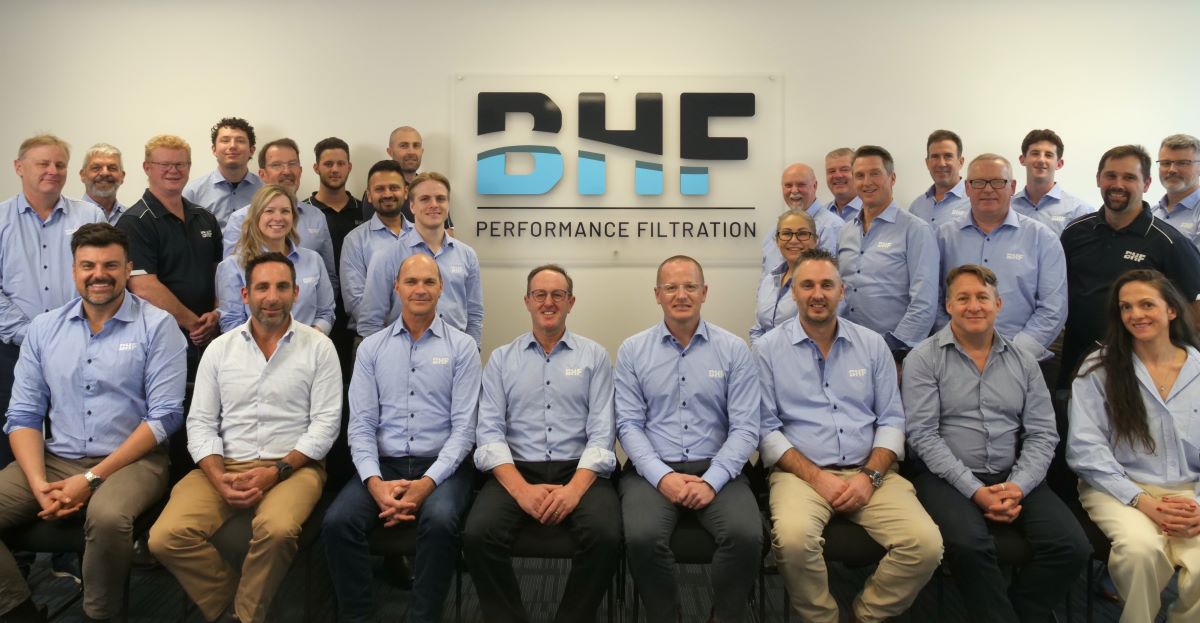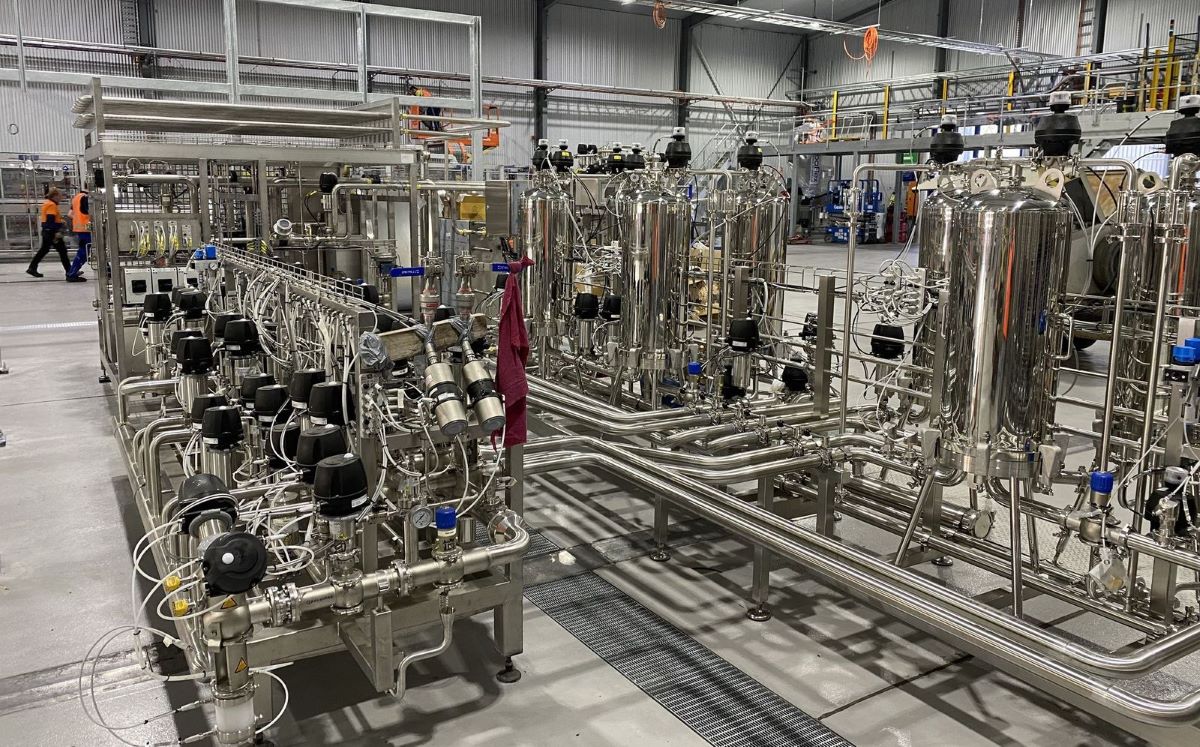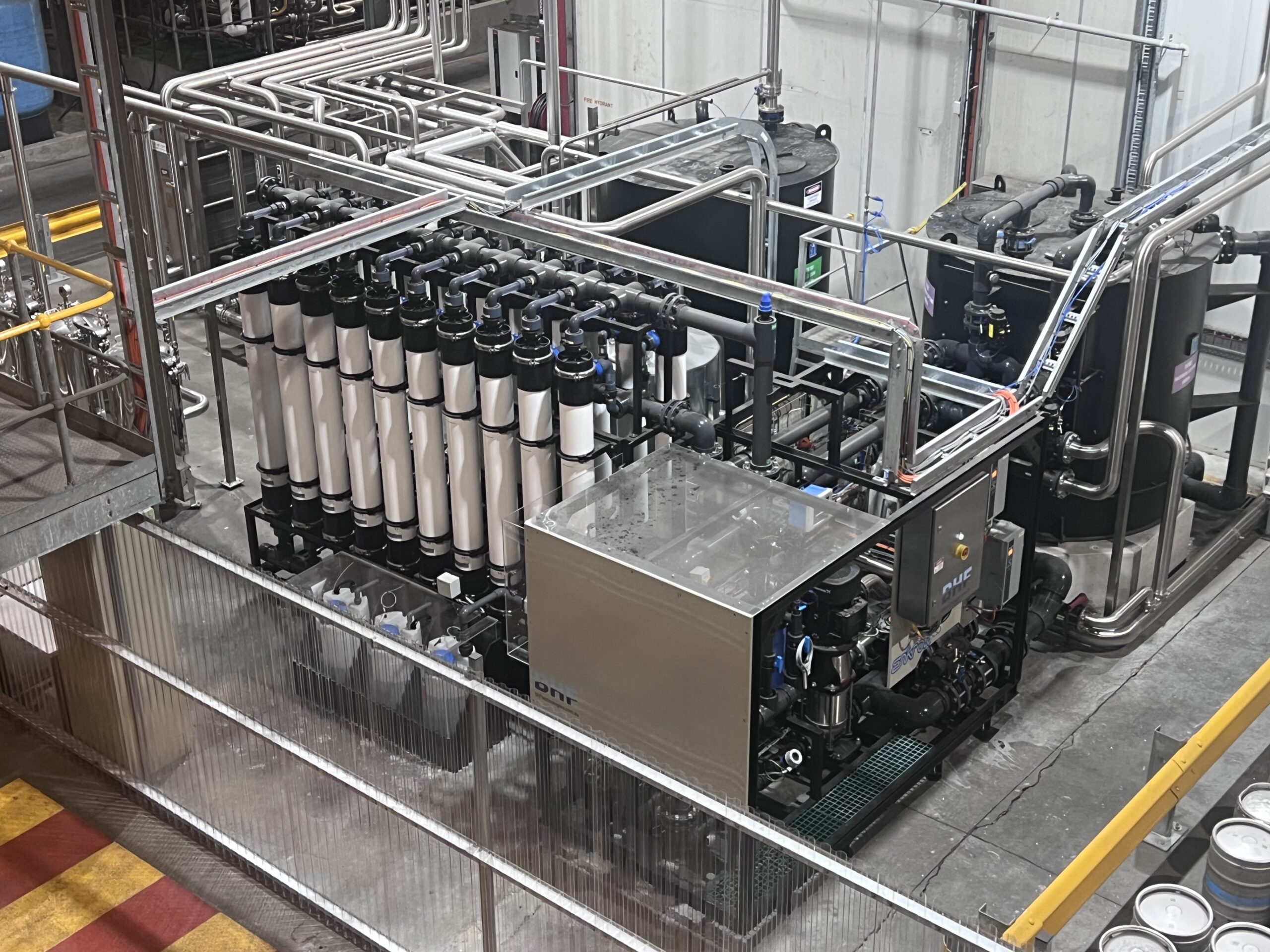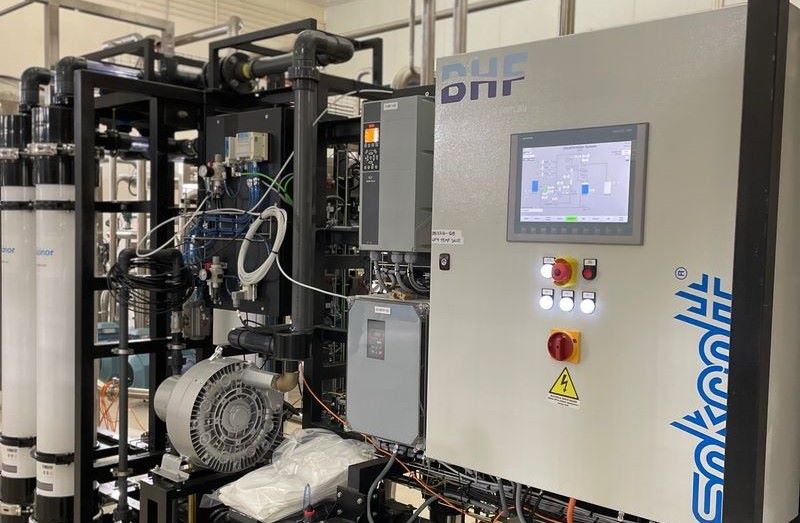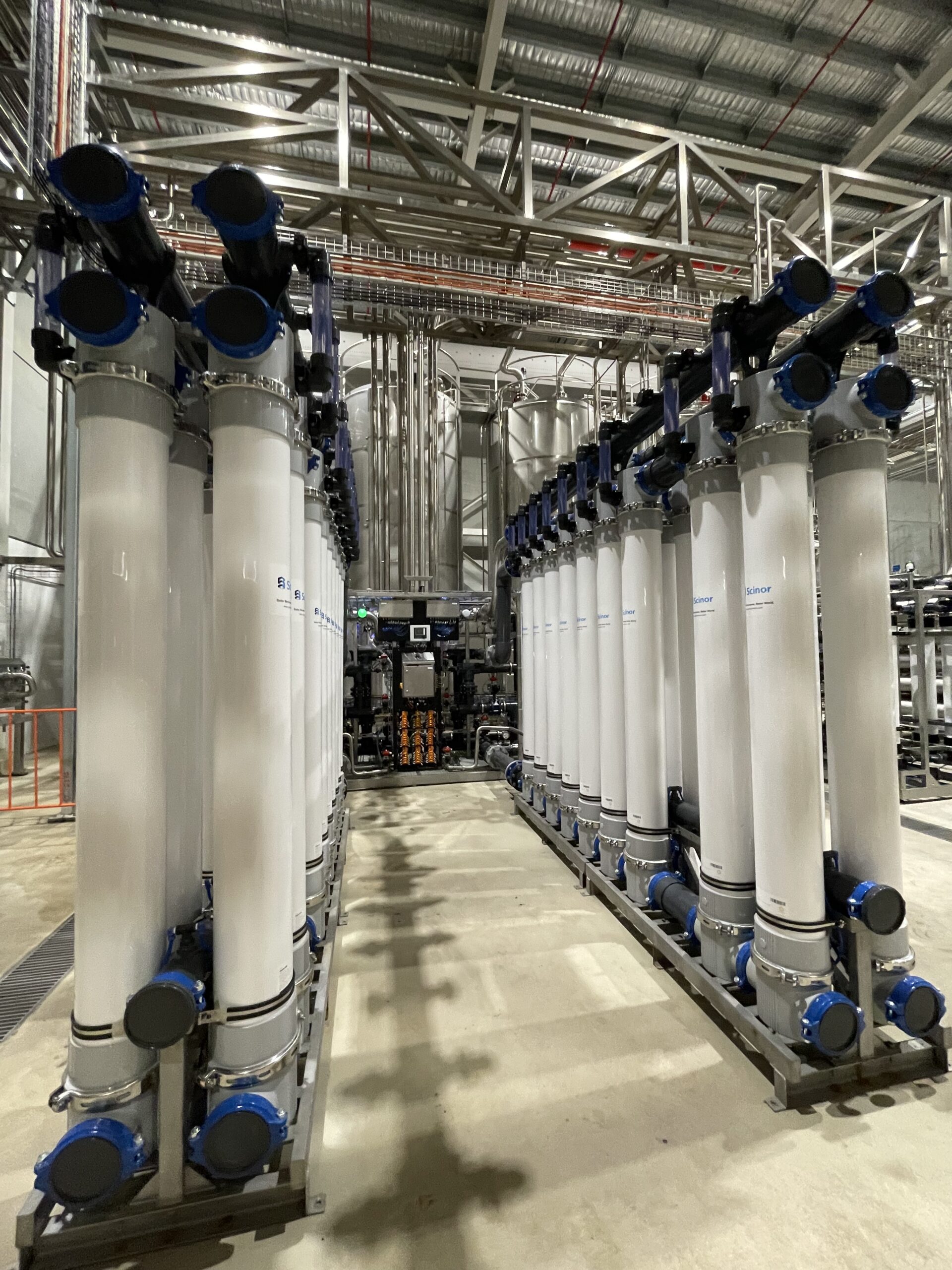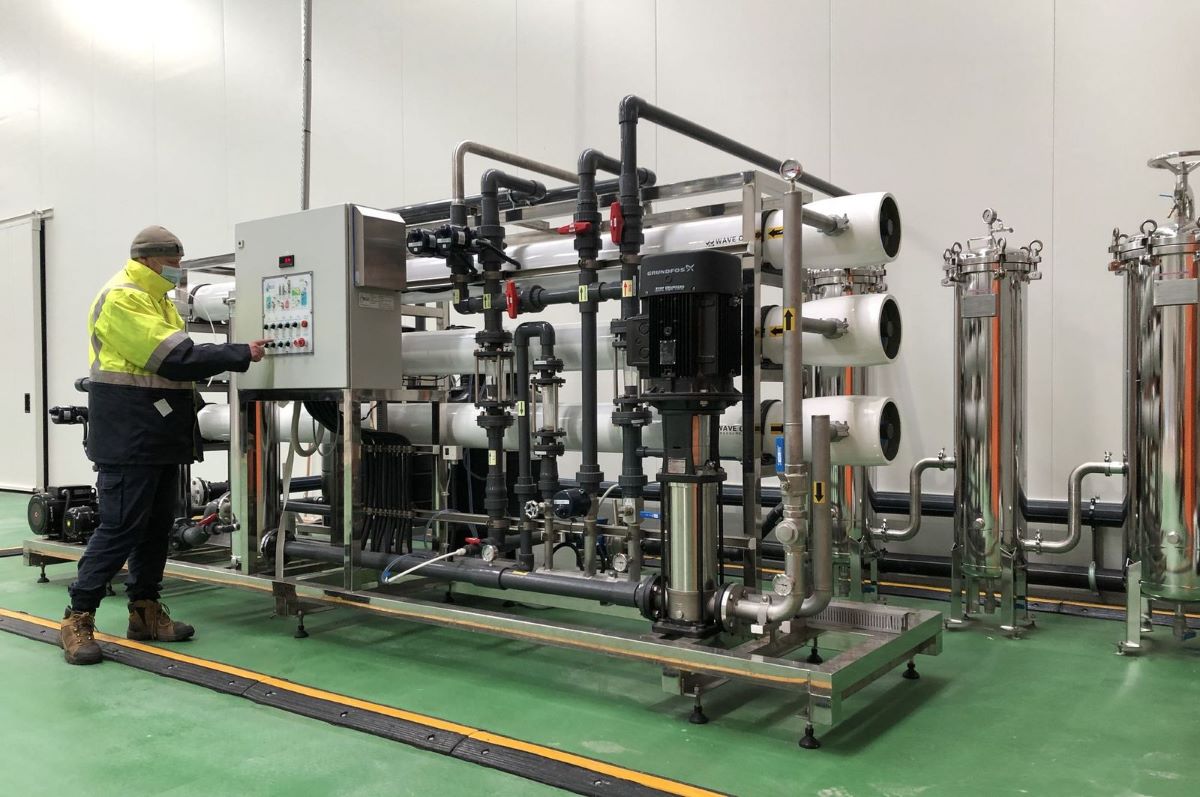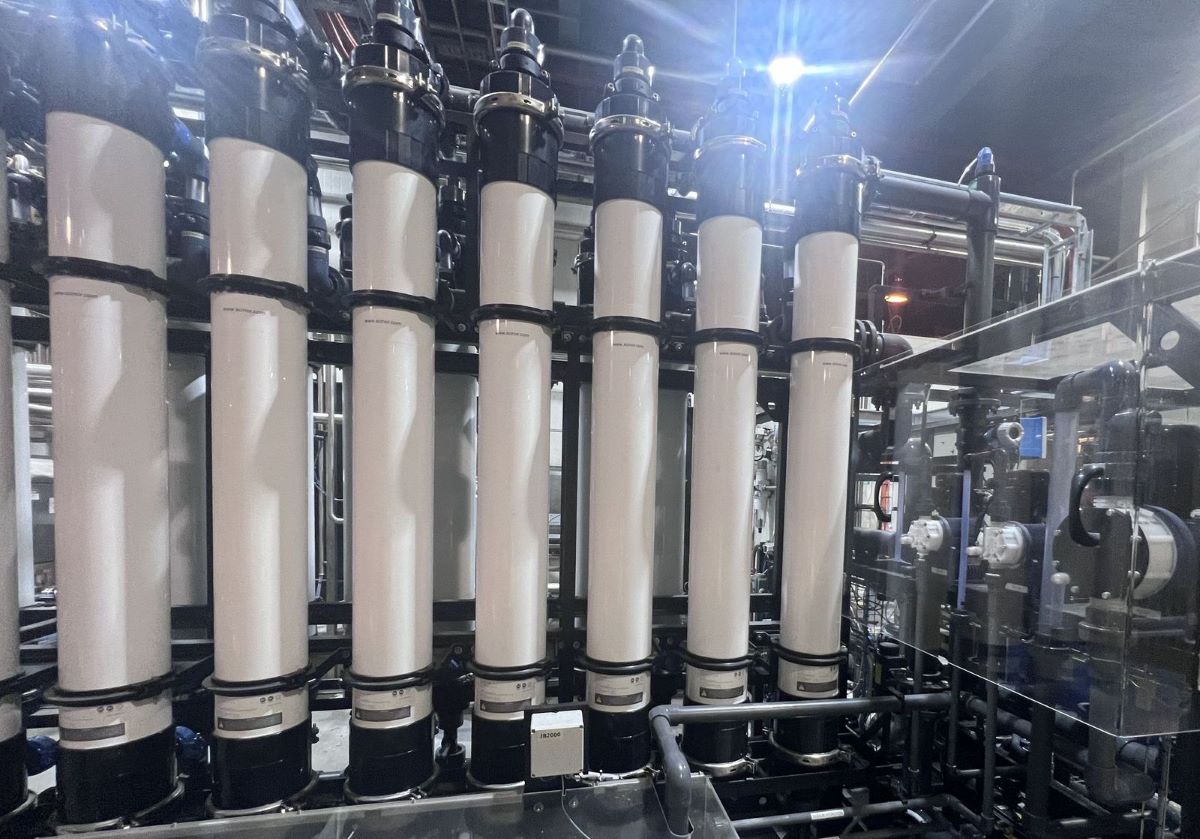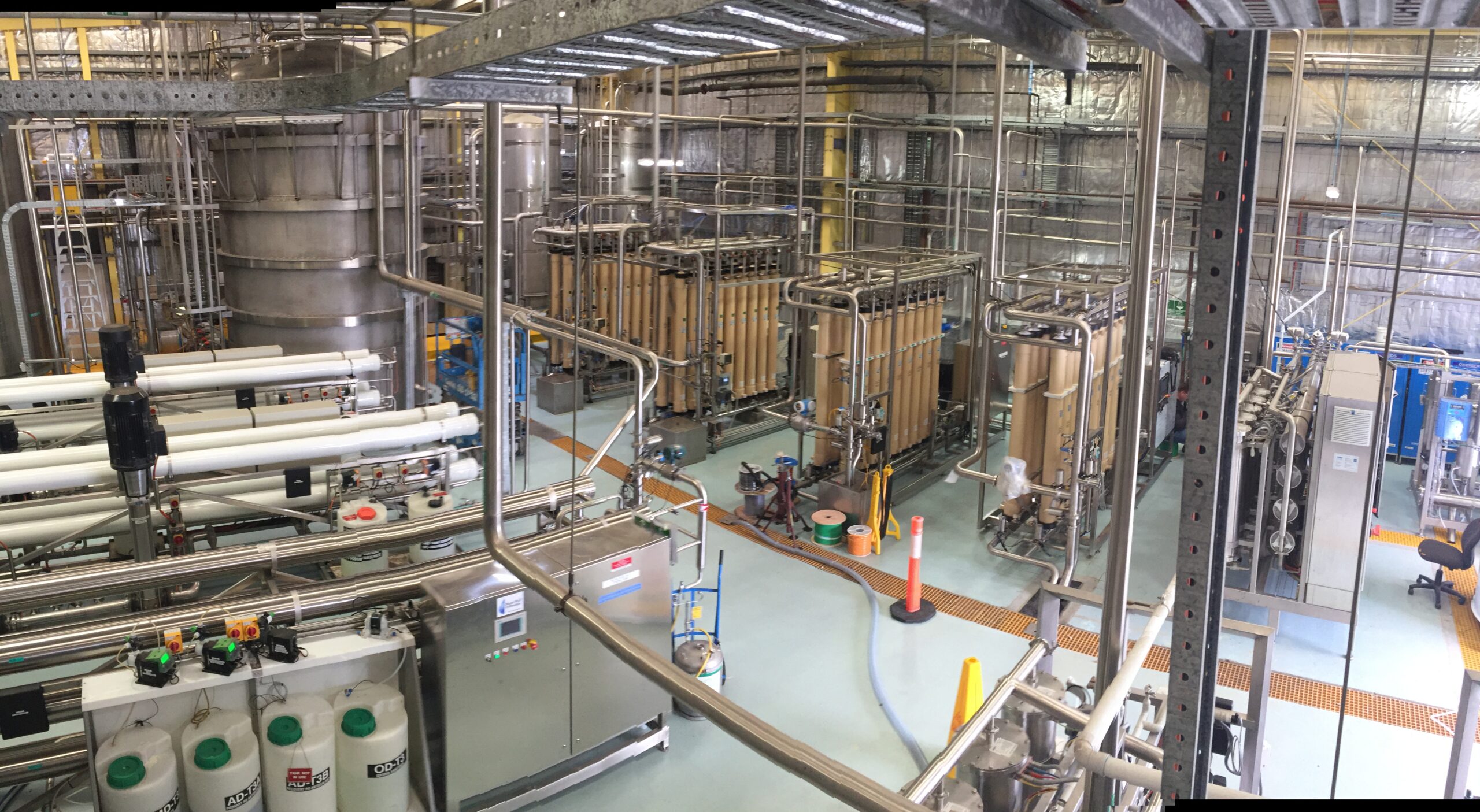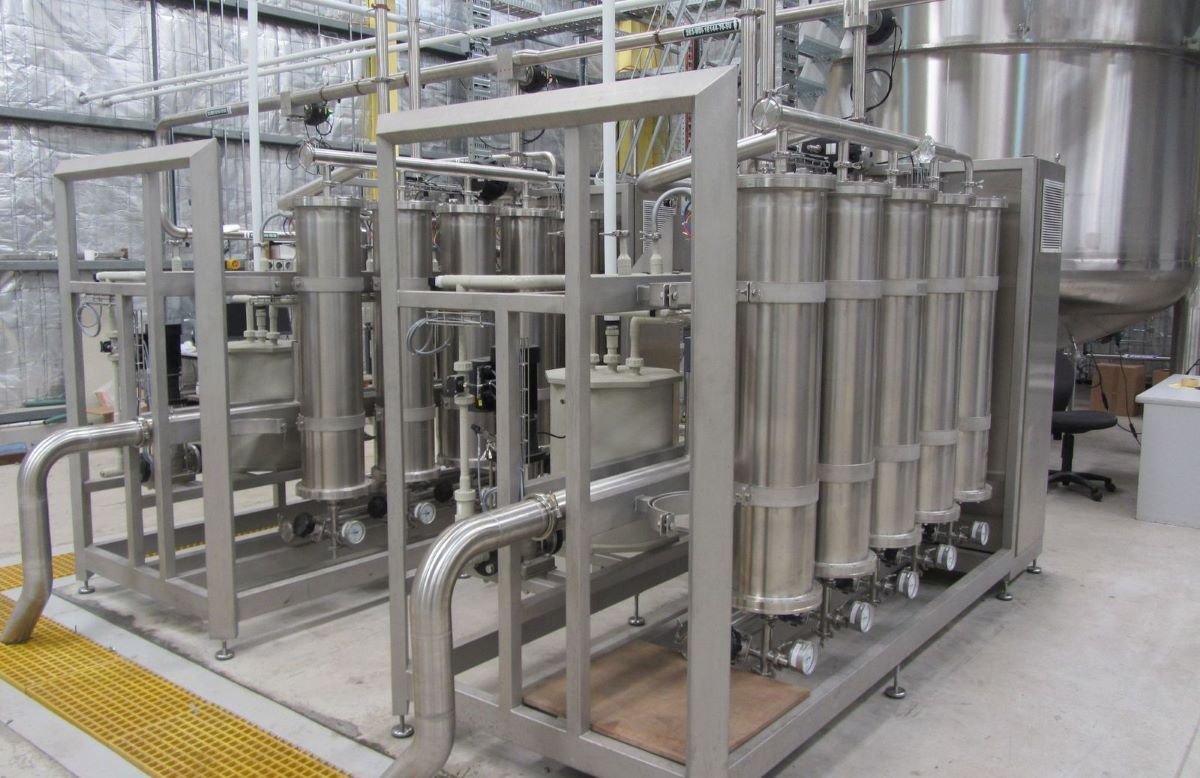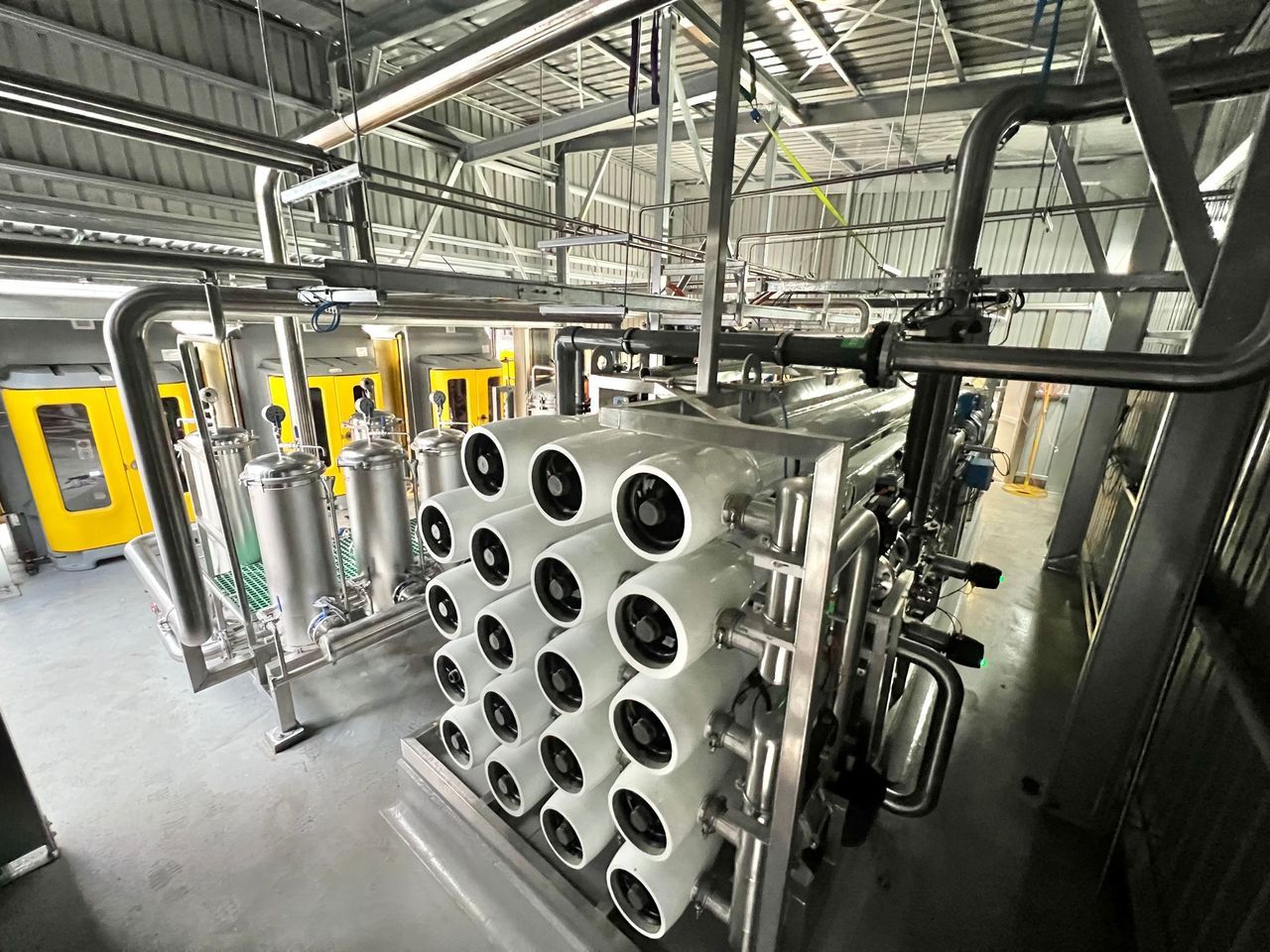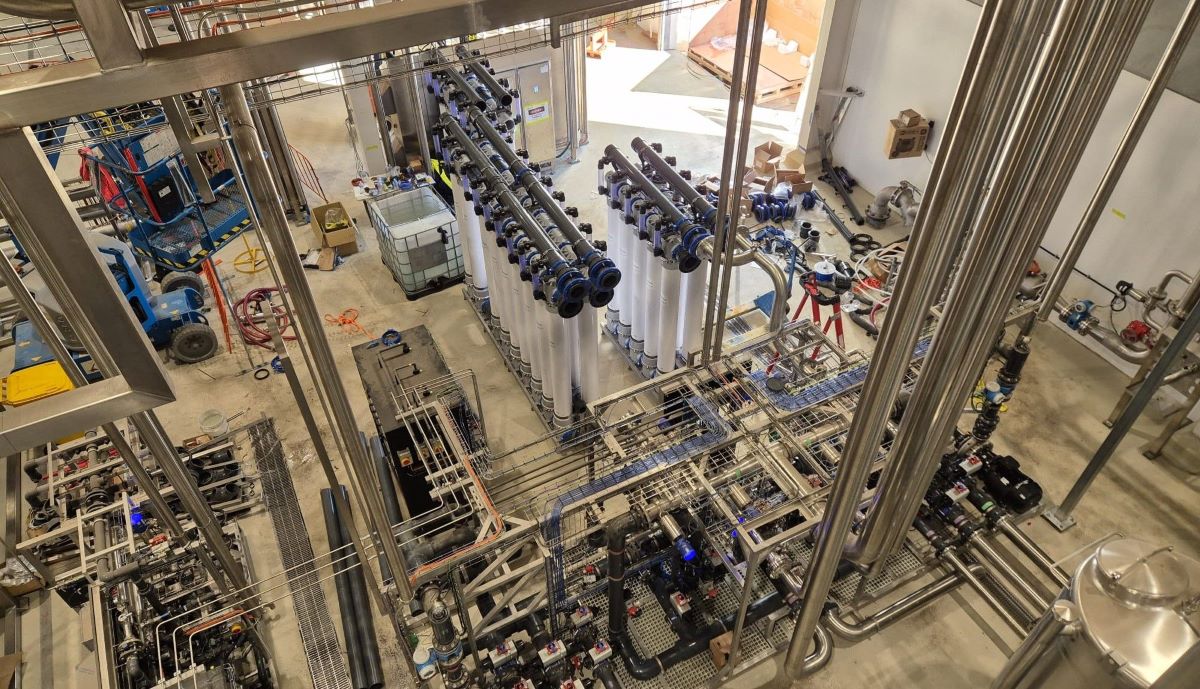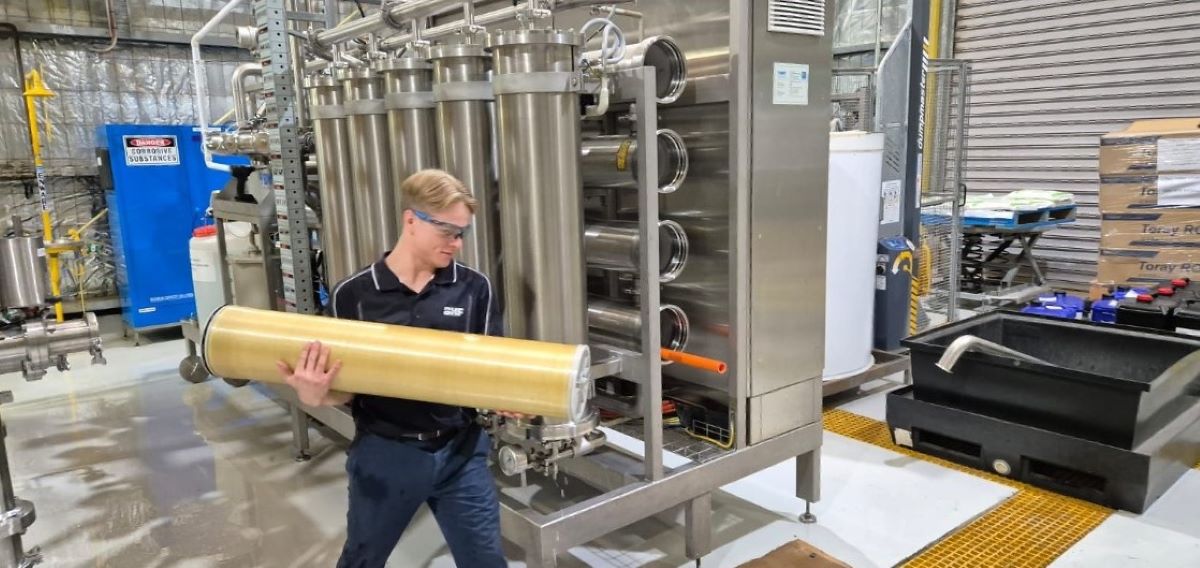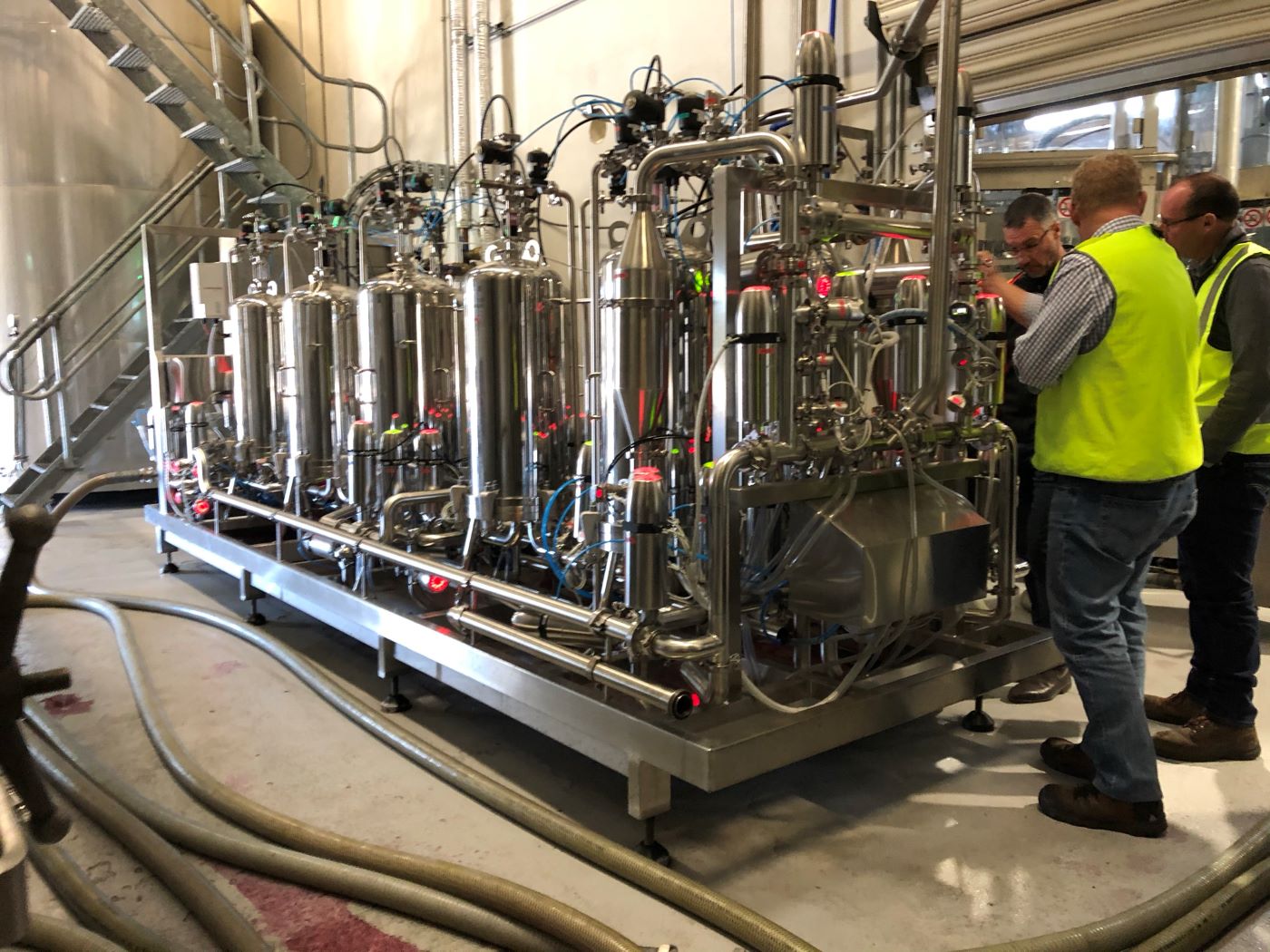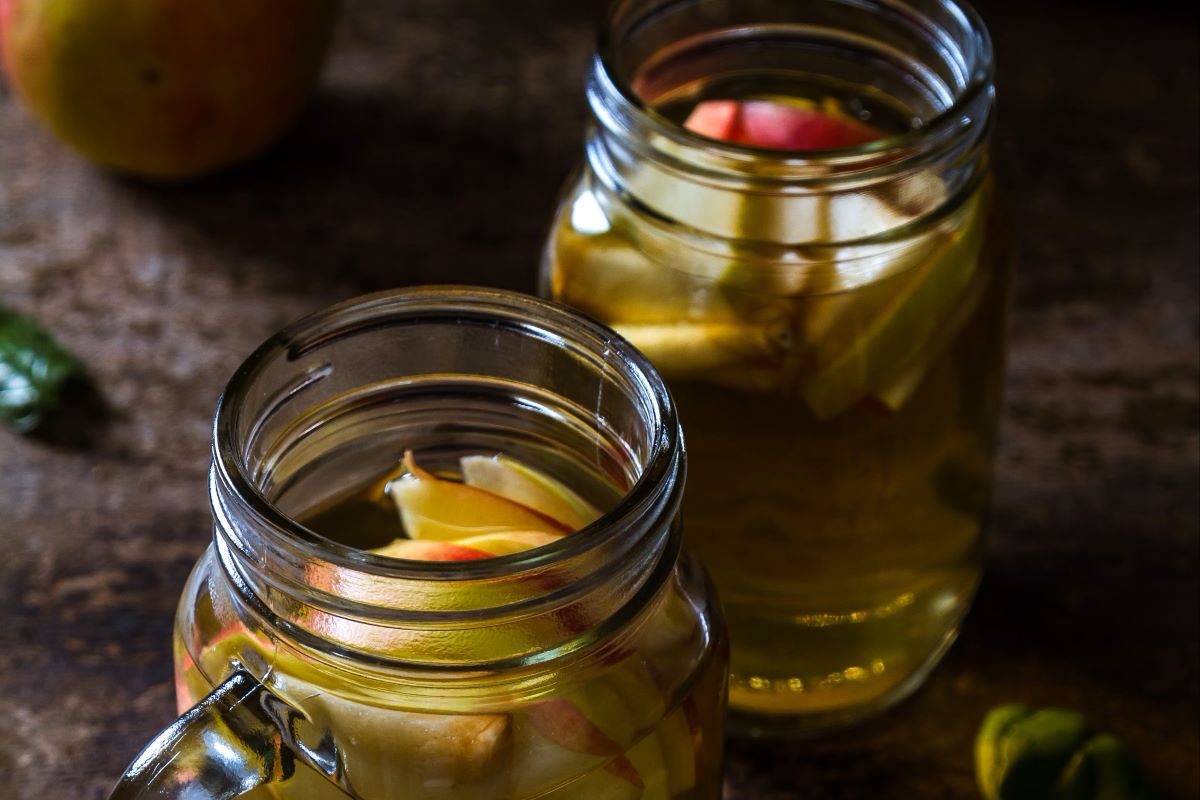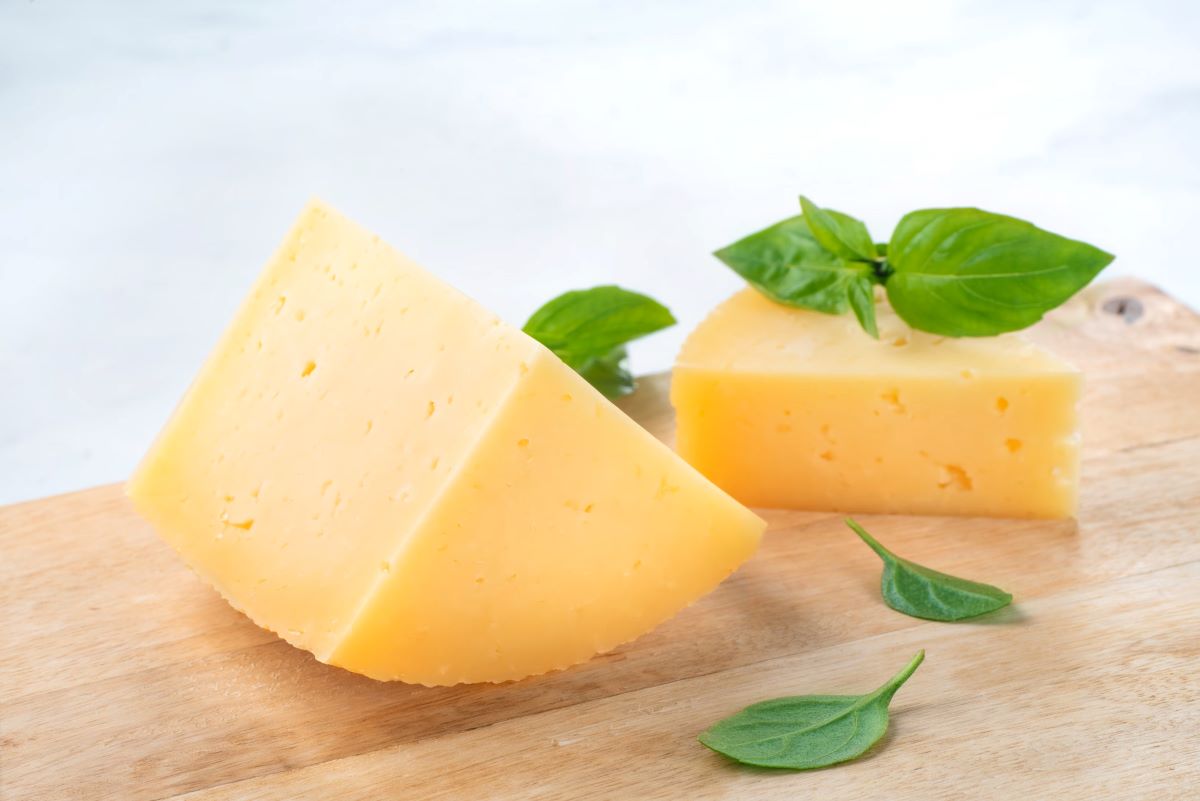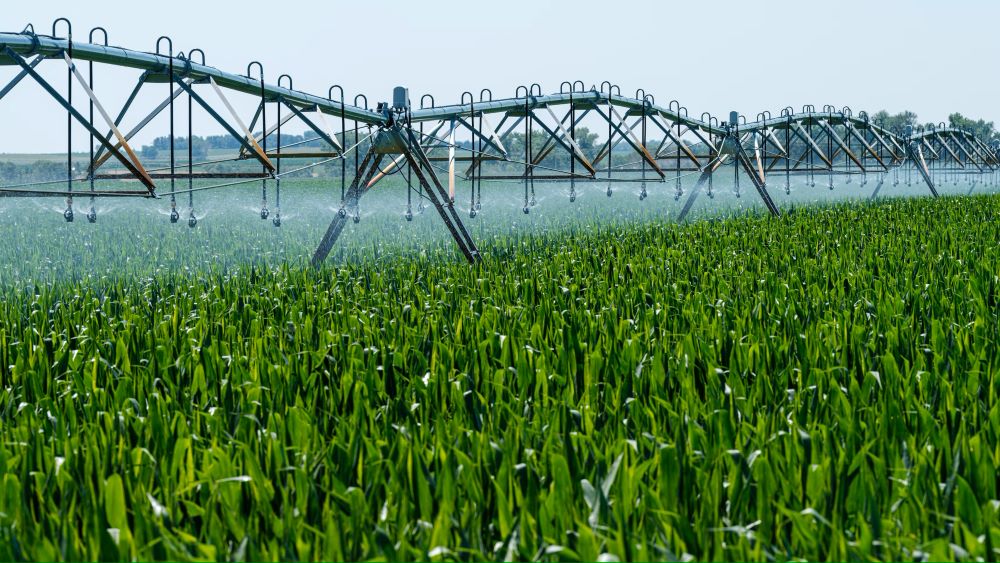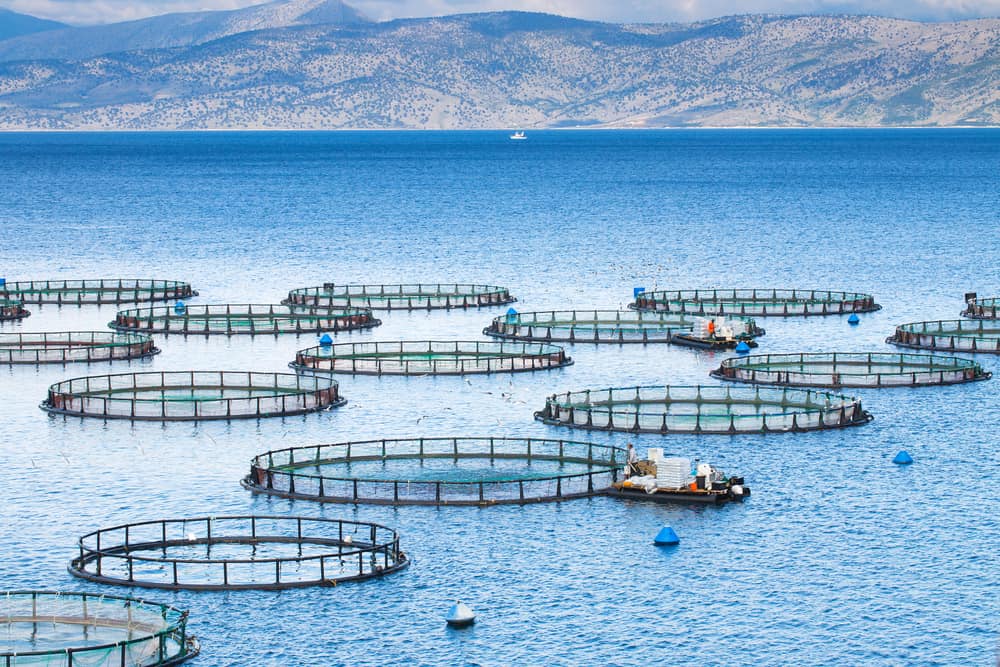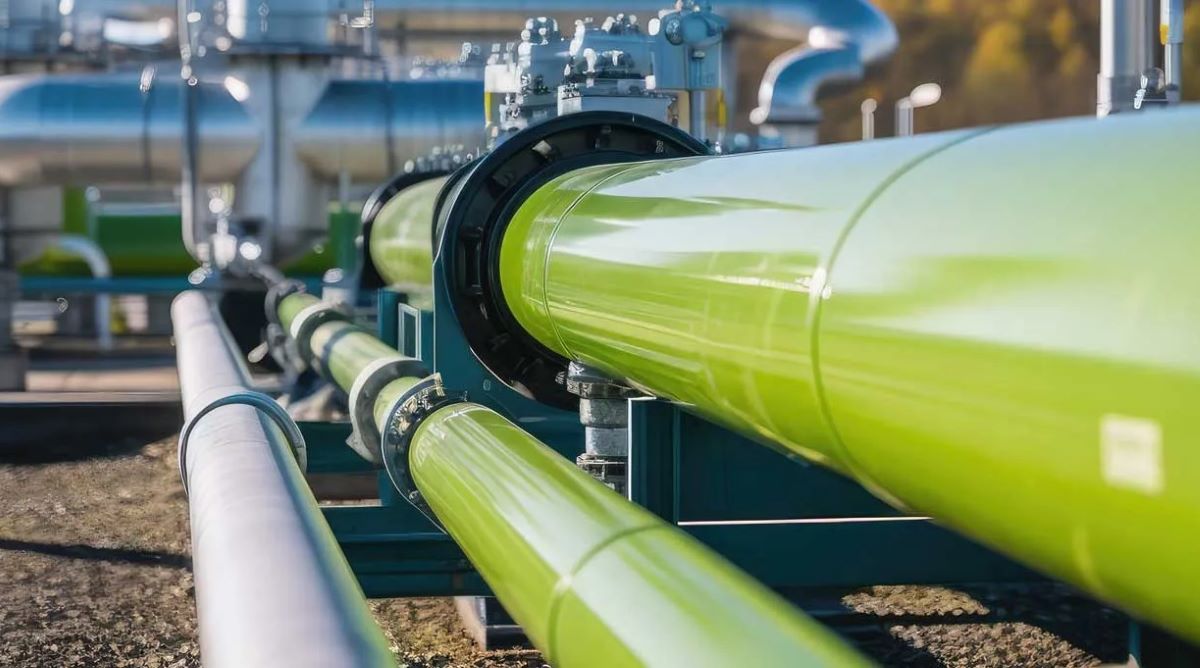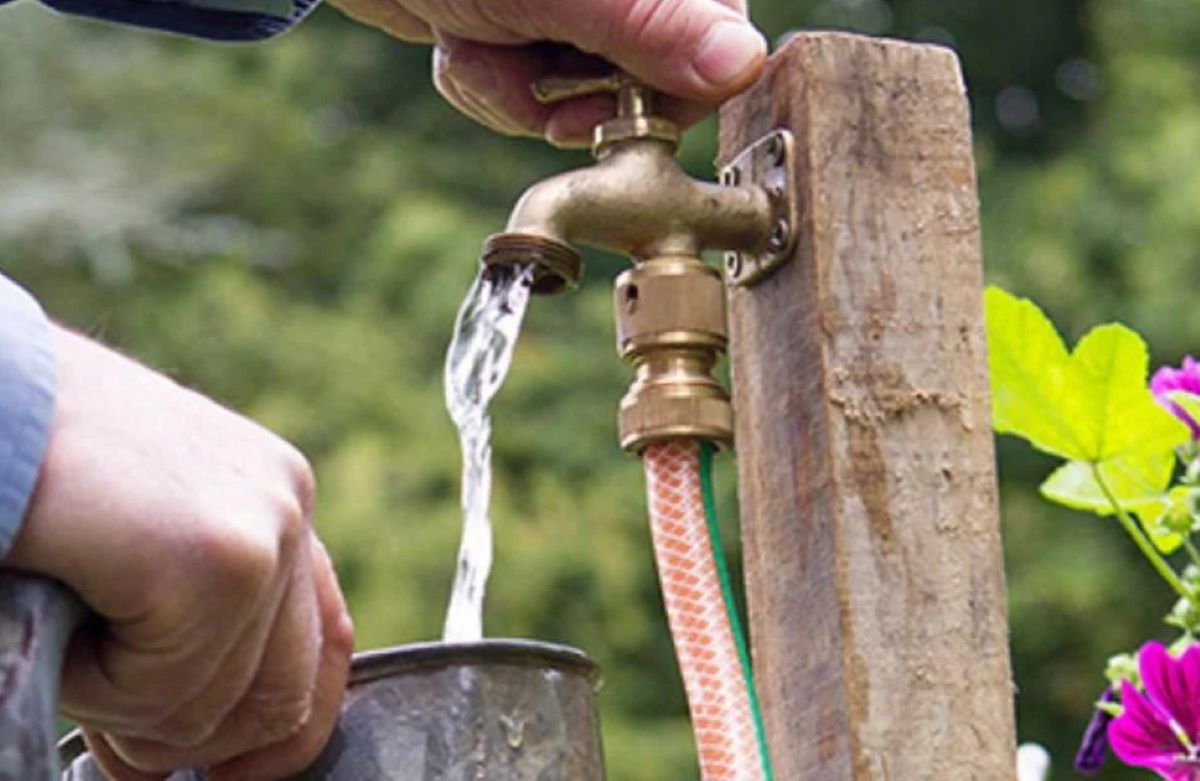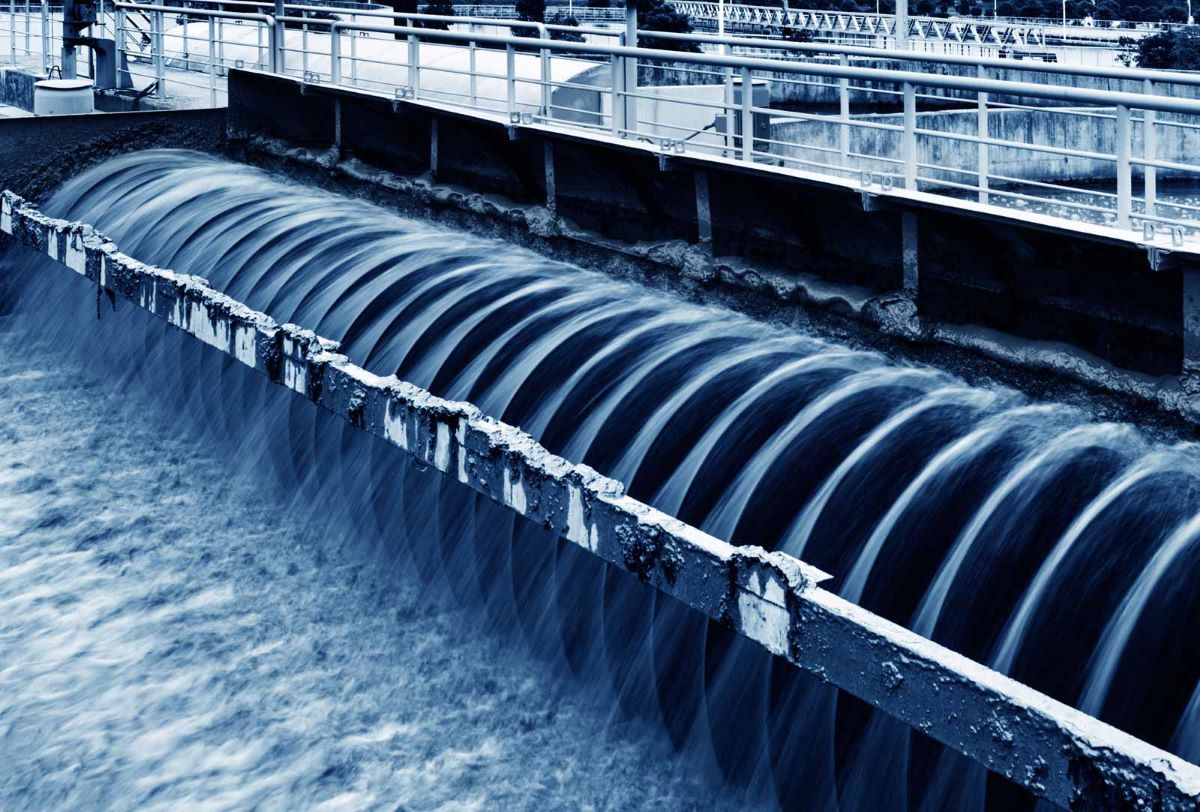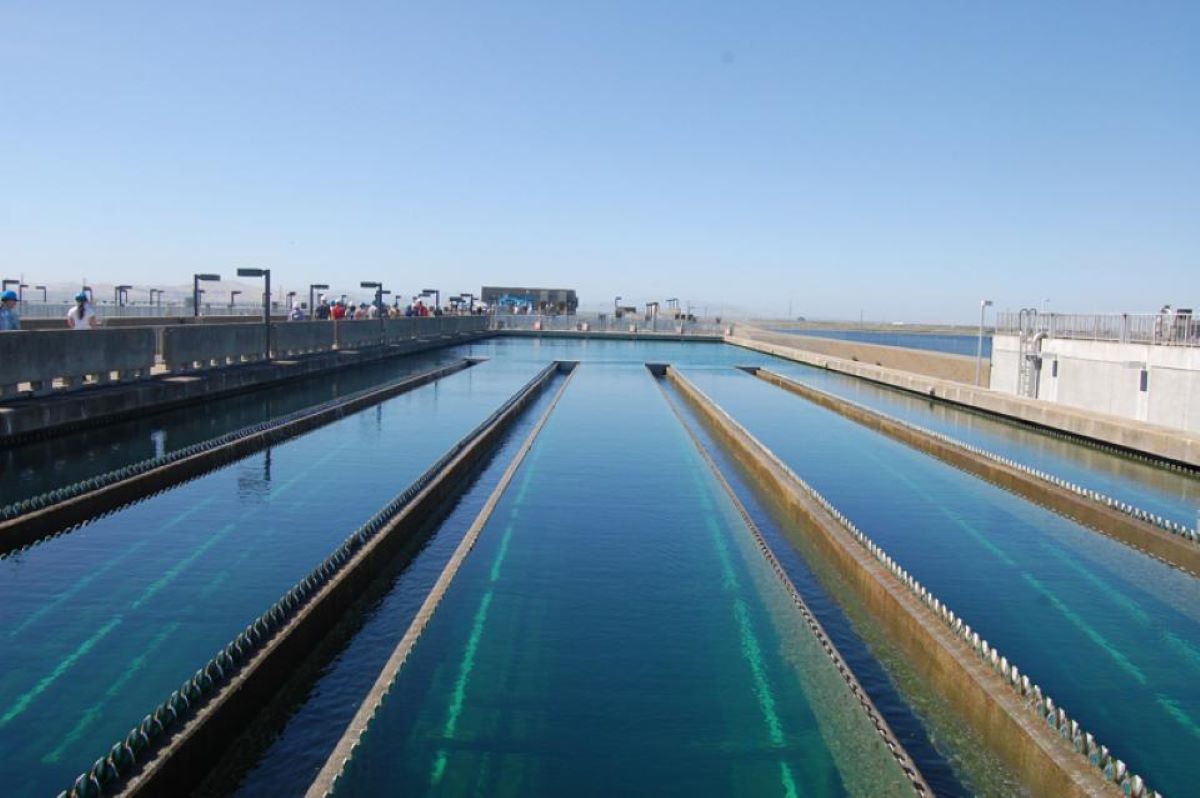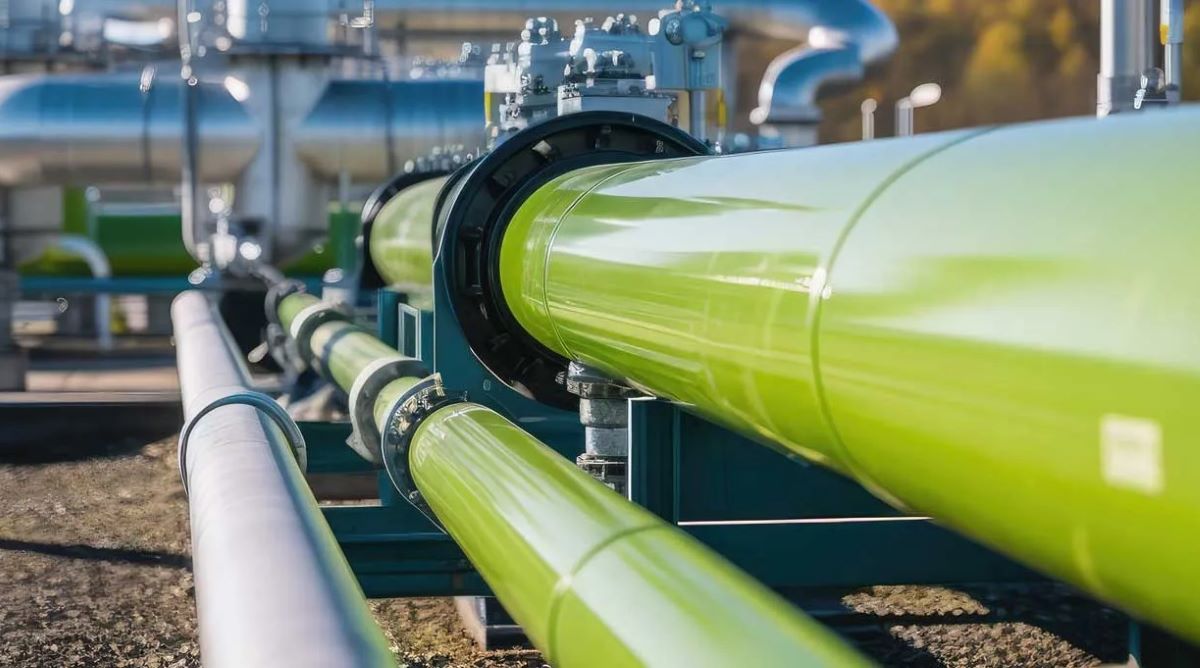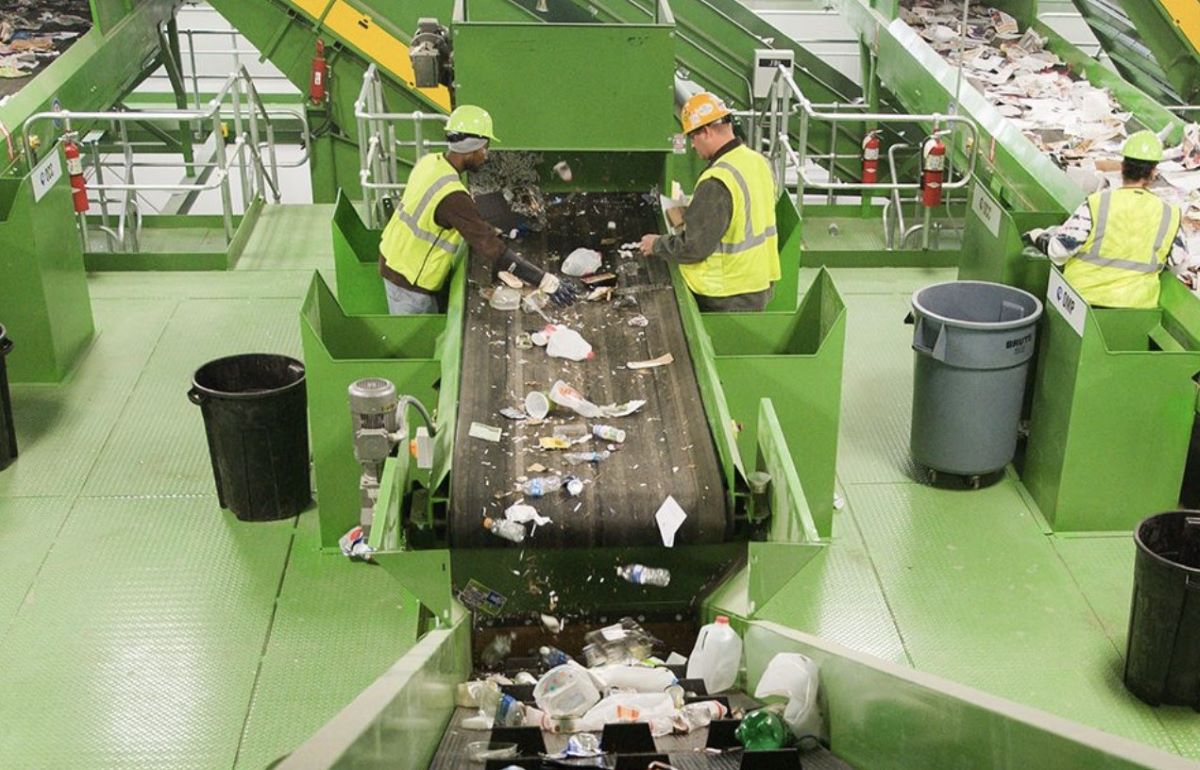MM2
SIHA MM2 yeast is selected pure yeast from Croatia with special characteristics for red must, red mash, and rosé must fermentation. It produces fine fruity wines with a grape varietal aroma profile, with low production of sulfites and H2S, resulting in freshness and fruitiness of red and rosé wines. It is suitable for Plavac Mali, Pinot Noir, Blauer Portugieser, Syrah, Blanc de noir, and rosé.
Technical Specifications
SIHA MM2 Yeast is a selected yeast strain characterized by a reduced production of sulfites and H2S, which supports the clean aroma profile and freshness of red and rosé wines. Furthermore, the yeast selection goals are high fermentation activity and yeast cell viability.
The yeast strain is characterized by moderate nutritional demand during the alcoholic fermentation. SIHA MM2 yeast can produce up to 16.0% alcohol by volume. The practical alcohol yield is approximately 47% of the sugar content. For each lb (kg) of sugar fermented, approximately 546 kJ (130 kcal) of heat is released.
Features and Benefits
The specific advantages of SIHA MM2 yeast:
- Low production of sulfites and H2S
- Moderate nutritional demand
- Up to 16 vol.% alcohol
Product Applications
Mashes and musts should be inoculated with SIHA MM2 yeast as early as possible. Longer maceration times promote uncontrolled propagation of wild yeast and undesired bacteria.
SIHA MM2 yeast should be stirred into 10 times the quantity of a must/water mixture at 90–95°F (32–35°C), stirred again after 15 minutes, and then added to the must or mash. The addition of SIHA® SpeedFerm at 1.67 lb/1,000 gal (20 g/hl) supports the rehydration.
The fermentation range is between 61–82°F (16–28°C). The optimum fermentation start temperature is 61°F (16°C) when inoculated with SIHA MM2.
The addition of 0.005 lb SIHA® Vitamin B1 yeast nutrient fermentation aid per 1,000 gal (600 mg per 1,000 l) creates even better reproduction, fermentation, and metabolic conditions.
Under difficult conditions with red wine mashes, the addition of 20 g/hl SIHA® PROFERM® Red yeast nutrient is recommended. The relevant national legislation has to be observed.

